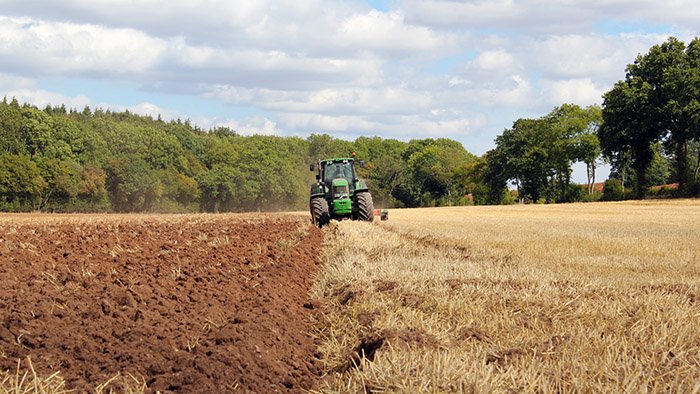
Traditional farming refers to the long-standing, often age-old agricultural practices that have been passed down through generations within a specific region or community. It encompasses a wide range of methods and techniques used by small-scale farmers who rely on time-tested practices and often work with limited technological advancements. Traditional farming practices are deeply rooted in the cultural and historical context of the communities that employ them.
Traditional farming practices have played a pivotal role in shaping agriculture for centuries. While they have sustained human populations and cultures, it’s essential to examine their impact on sustainability in a modern context. Traditional farming, while often characterized by small-scale, labour-intensive methods, can both support and hinder sustainability in various ways.
Pros of Traditional Farming on Sustainability:
- Preservation of Biodiversity: Traditional farming typically involves diverse crop varieties and animal breeds, contributing to genetic diversity. This helps safeguard against catastrophic crop failures due to pests or diseases.
- Local Adaptation: Traditional farmers often rely on crops and livestock that are well-suited to the local environment, reducing the need for artificial inputs such as pesticides and fertilizers.
- Conservation of Natural Resources: Many traditional farming methods, like crop rotation and intercropping, are inherently sustainable as they reduce soil degradation, water usage, and the depletion of nutrients.
- Cultural Preservation: Traditional farming practices are often deeply ingrained in cultural traditions and provide a connection to heritage and land. This connection can promote a sense of stewardship and respect for the environment.
Cons of Traditional Farming on Sustainability:
- Limited Productivity: Traditional farming methods tend to be less efficient and productive compared to modern industrial agriculture. This can lead to underutilization of land and resources, making it challenging to meet the demands of a growing global population.
- Vulnerability to Climate Change: Traditional farming practices may be less resilient to the unpredictable challenges of climate change, such as extreme weather events, prolonged droughts, and shifting growing seasons.
- Limited Access to Information: Traditional farmers often lack access to the latest agricultural knowledge and technology, which can hinder their ability to adopt more sustainable and productive practices.
- Land Degradation: Over time, some traditional practices, particularly slash-and-burn agriculture, can lead to deforestation and soil degradation.
In conclusion, traditional farming has both positive and negative impacts on sustainability. While it has contributed to biodiversity preservation and resource conservation, it can be less productive and more vulnerable to modern challenges. Striking a balance between preserving valuable traditional knowledge and incorporating modern, sustainable practices can help address some of these challenges. As we move forward, integrating the best of both worlds is essential for ensuring food security and environmental sustainability in an ever-changing world.
Contact Dr. Gordon Rajendram
021 466077
rajendram@xtra.co.nz
www.gordonrajendramsoilscientist.co.nz
Contact Phillip Quay
Phone: 0274 587 724
Email: phillip@mediapa.co.nz
Website: https://mediapa.co.nz/
Facebook: facebook.com/mediapa
